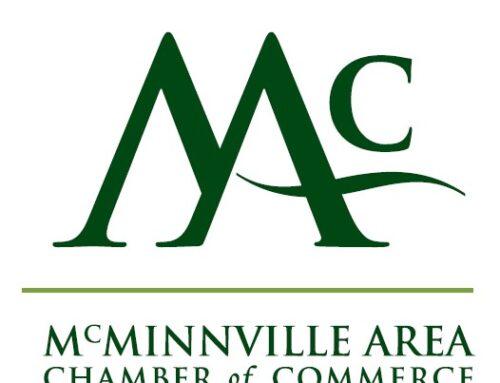The Supreme Court heard arguments last week regarding OSHA’s Emergency Temporary Standards.
The United States Supreme Court today blocked enforcement of one of two employer mandates issued by the Biden administration in an effort to slow the spread of COVID.
In an unsigned opinion, supported by six justices, the court invalidated an emergency regulation for large employers issued in November 2021 by the Occupational Safety and Health Administration. The mandate compels most employers with more than 100 workers to require them to be vaccinated or submit to regular testing. According to today’s opinion, the Biden administration lacks the unilateral authority to impose the mandate. The court noted that OSHA has the authority to enact workplace protections, not broad public health measures, and that the rule went beyond the agency’s powers. In the opinion, the justices described the mandate as a ‘significant encroachment into the lives -and health- of a vast number of employees,” the court further emphasized that Congress must speak clearly if it intends to give a federal agency the authority to “exercise powers of vast economic and political significance.”
By a five-to-four margin, meanwhile, the court upheld a mandate issued by the secretary of health and human services that requires people who work in health-care facilities that serve Medicare and Medicaid patients to be vaccinated. Chief Justice John Roberts and Justice Brett Kavanaugh joined with the court’s three liberal justices to form the majority.
Oregon OSHA published the following announcement:
“On January 13, 2022, the U.S. Supreme Court blocked enforcement of federal OSHA’s Vaccination and Testing Emergency Temporary Standard. Oregon OSHA will continue to monitor federal OSHA activities and respond as needed. In light of the Supreme Court decision, however, Oregon OSHA will not move forward with adopting the same or similar standard in Oregon. Oregon OSHA had engaged in discussions with stakeholders of such a rule adoption. It did so under the ‘at least as effective as’ federal OSHA requirement, which was prompted by adoption of the federal standard. Oregon OSHA maintains a COVID-19 rule that requires employers to implement protections for workers. Those protections include infection control planning, exposure risk assessments, sanitation, and notification. Those measures also require employers to follow the Oregon Health Authority’s requirement to use facial coverings indoors. Oregon OSHA offers employers and workers free resources for maintaining safe and healthy workplaces, including consultation services, experts, and education and training.”
Private employers with 100 or more employees will not be required to establish a vaccine or testing mandate. This decision does not impact other vaccine mandates employers may be subject to at the state or federal level, such as the mandates for healthcare workers or K-12 staff.
This decision also does not have any impact on employers that have established their own vaccine mandate and/or testing programs. Employers may still choose to adopt these programs on their own.




